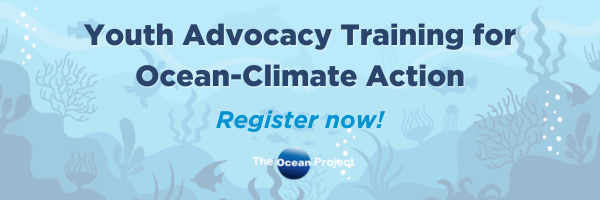News & Discussion
Check out these timely articles and essays which may be helpful for framing various environmental issues, connecting with specific audiences, or otherwise informing your storytelling and communications.
Which motivates: money or morals?
A new Dutch study shows framing environmentally responsible behavior as a moral imperative is more effective than telling people it will save them money. The paper authors say the human desire to maintain a positive self-image by acting in line with internal moral standards can be an even stronger motivator than economic self-interest. Good study for improving conservation communication and your faith in human nature!
- Explosive climate news, diminutive media coverage
MediaMatters has done another interesting analysis of American TV climate coverage. They found that despite a record-breaking year in extreme weather—not to mention 2012 being the warmest year ever recorded—broadcast news barely mentioned climate change and declined to consult scientists on… basically anything.
Heat: Hell on poor countries, no biggie for the rich
New research investigating how poor countries are more at risk from rising temperatures. This, along with a wealth of other research, could be helpful for driving home the point that climate change is a human health and economic justice issue. Summary and notes from David Roberts at Grist.
Resources
Some studies, market research, toolkits, and strategies that may be helpful when communicating about conservation and climate change.
Visual Communication of Climate Change
A good summary of some research-backed best practices for using visual images to communicate about climate change.
The Moral Roots of Environmental Attitudes
An enlightening study about why Americans’ environmental attitudes are so politically polarized. Morality might be a great motivator for environmentally-friendly behavior, but which morals are you using to communicate the issues? How might they connect better for those with liberal or conservative tendencies? This sentence is a great take-home: “Re-framing pro-environmental rhetoric in terms of purity, a moral value resonating primarily among conservatives, largely eliminated the difference between liberals’ and conservatives’ environmental attitudes.” Via ClimateAccess.




